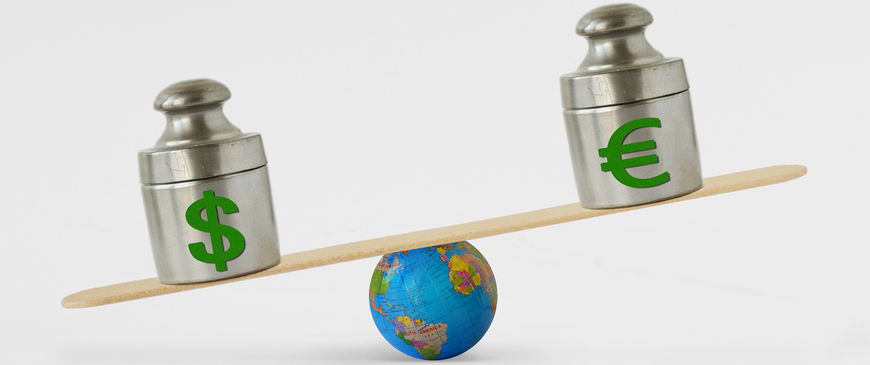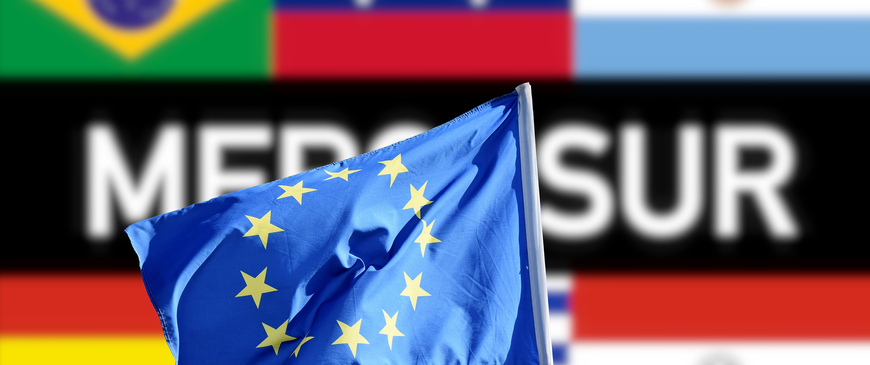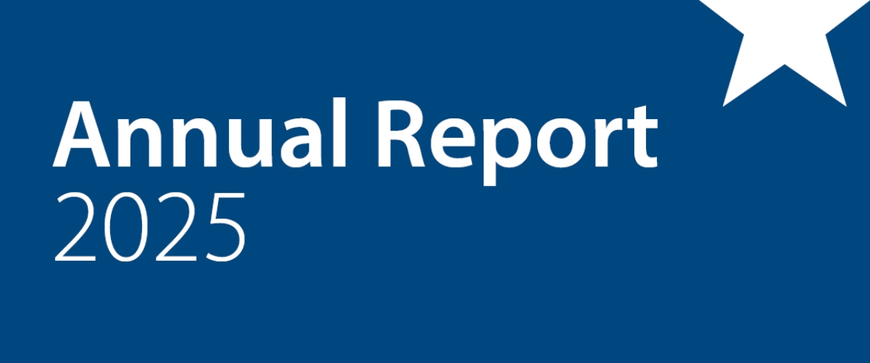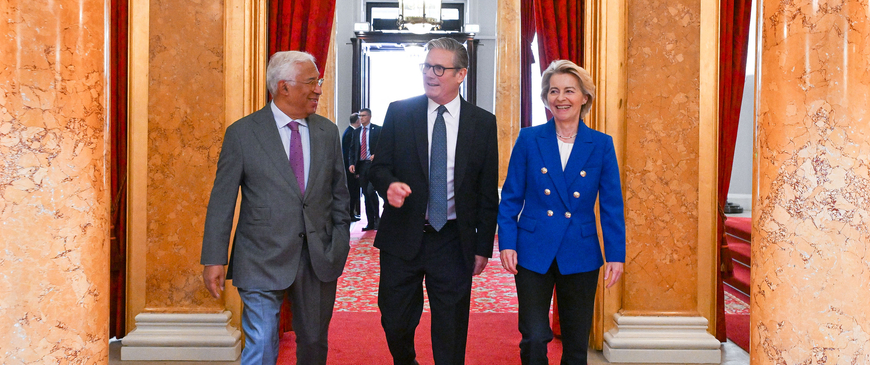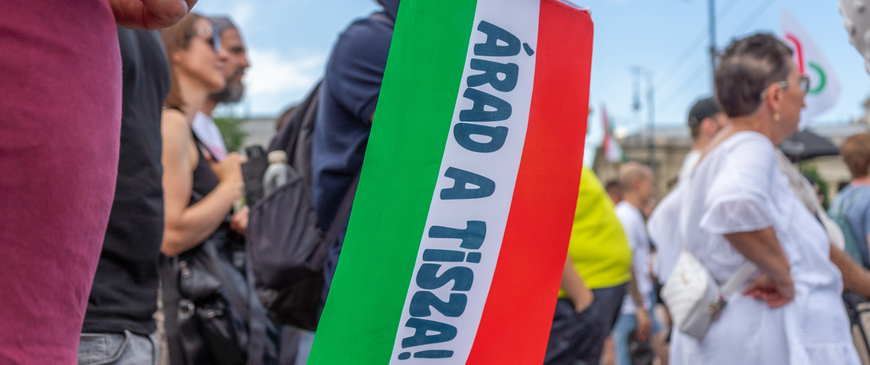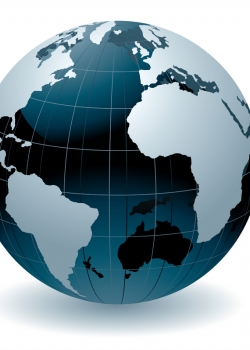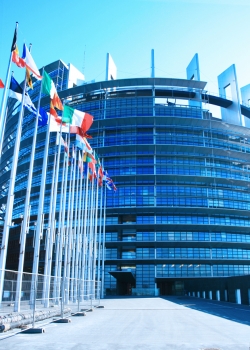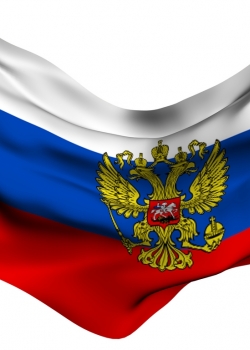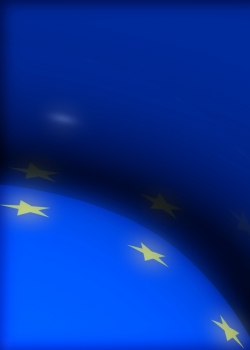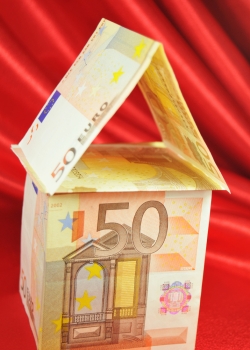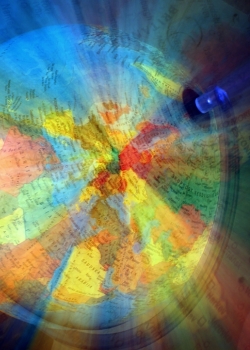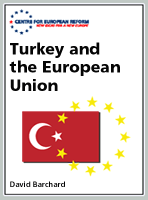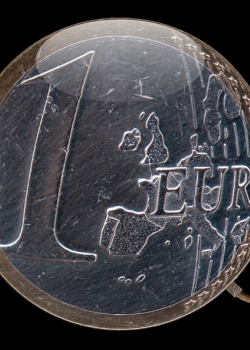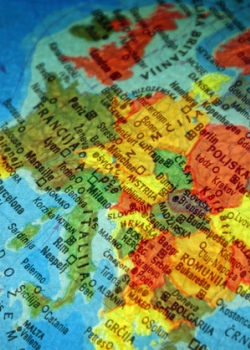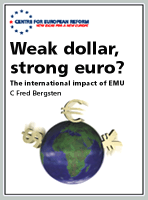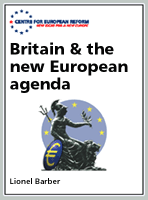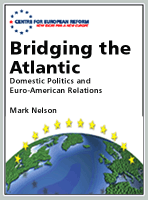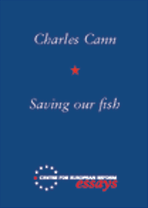Research
A new model of European integration?
01 December 1998
Ben Hall writes interestingly about the distinction between looser, inter-governmental forms of EU co-operation and actual EU legislation ('detailed, centrally-set rules') in CER Bulletin Issue 2. I agree such a distinction is helpful. But is it in fact new?
Since at least 1964 (and the landmark case of Costa v ENEL)...
Since at least 1964 (and the landmark case of Costa v ENEL)...
Reshaping Europe's defence
01 December 1998
All across Europe, politicians and diplomats are scratching their heads and asking the same question: when was the last time that Britain came up with such a constructive initiative on the future of the European Union?
EMU must go further
01 December 1998
The EMU project is set for success in the short term, despite the financial crisis, but in the long run its prosperity depends on greater co-ordination between member states to undertake essential structural reform.
Issue 9 - 1999
27 November 1998
- The treaties need radical reform, Charles Grant
- Pooling forces, Tim Garden, John Roper
- Transatlantic tensions, Charles Grant
- Europe's new economy, Charles Leadbeater, Kitty Ussher
Issue 3 - 1998
27 November 1998
- What next for Russia?, Rodric Braithwaite
- A new model of European integration, Ben Hall
- EMU must go further, Kitty Ussher
- Reshaping Europe's defence, Charles Grant
Can Britain lead in Europe?
02 October 1998
Britain should join France and Germany in forming a triple alliance to lead the European Union, suggested Gerhard Schröder, the German Social Democrats' candidate for Chancellor, in April 1998.
A new model of European integration
01 October 1998
Europe may be moving towards a new kind of integration, based on inter-governmental co-operation, peer-group pressure and bench-marking.
Elect the Commission
01 October 1998
The European Commission enjoys little legitimacy in the eyes of most Europeans. So long as it is run by appointed politicians it will continue to be seen as a remote and overbearing bureaucracy.
Transparency is no panacea?
01 October 1998
We all want openness and accountability, but let's be clear that they don't guarantee the most effective method of Government. Several of the objectives we set for the European Union - an efficient single market; a single currency which commands public confidence and proves a reliable store of value; a...
Will EMU lead to political union?
01 October 1998
In the recent history of Europe, from Jean Monnet's plan for a European Coal and Steel Community in1950 to today's European Union, one pattern seems clear: where economic integration leads, political integration will eventually follow.
EMU, it is argued, will continue this trend-except on a far bigger scale. The euro will...
EMU, it is argued, will continue this trend-except on a far bigger scale. The euro will...
Issue 2 - 1998
25 September 1998
- A new model of European integration, Ben Hall
- Elect the Commission, Charles Grant
- Transparency is no panacea?, Maurice Fraser
- Will EMU lead to political union?, Ed Smith
Turkey and the European Union
03 July 1998
Relations between Turkey and the European Union have seldom been worse. Unless they improve, this strategically-crucial country may turn its back on Europe. David Barchard calls on the EU to give firmer assurances that Turkey is eligible for membership.
The unshocking truth about EMU
01 July 1998
It is the commonest of all the economic arguments against EMU, but also the most specious: that any country in the euro-zone which suffered an economic crisis that did not affect its neighbours (an "asymmetric shock"), deprived of the freedom to devalue, would be condemned to a massive rise in unemployment.
Trouble in the Med
01 July 1998
Most of the European continent is more peaceful now than at any other time in its history. Except, that is, for the Balkans, with Kosovo on the brink of a full-scale Serb-Albanian war - and Europe's south-eastern fringe where another conflict is imminent: Turkey and Greece, two NATO allies, could end up at war.
Integration or isolation? Restructuring Europe's defence industry
01 July 1998
As the states of the European Union draw closer together, their inability to unite and restructure their defence industries is becoming ever more anachronistic. Britain, France and Germany currently have separate defence industries. In a united Europe, such duplication is neither necessary nor economically viable.
Issue 1 - 1998
29 May 1998
- The unshocking truth about EMU, Charles Grant
- Trouble in the Med, Dan Bilefsky
- Integration or isolation? Restructuring Europe's defence industry, Alex Ashbourne
Weak dollar strong euro? The international impact of EMU
01 May 1998
The creation of the euro will be the most important development in the evolution of the international monetary system since the widespread adoption of flexible exchange rates in the early 1970s.
Britain & the new European agenda
02 January 1998
The European Union is changing. Faster than many in Britain imagine. In the next 12 months, the EU faces a series of interlocking decisions which are likely to define the future of the continent for the next generation.
Bridging the Atlantic: Domestic politics and Euro-American relations
05 December 1997
Is the transatlantic relationship an unhealthy dependency, a Cold War relic? That's the view of a growing number of people on both sides of the Atlantic who are increasingly questioning the relevance of the special link between Europe and America.
Saving our fish
11 July 1997
The European Union's Common Fisheries Policy (CFP) has been widely pilloried within Britain, particularly in the last two or three years, and cited as another example of Brussels' ineptitude and its prejudice against British interests.

